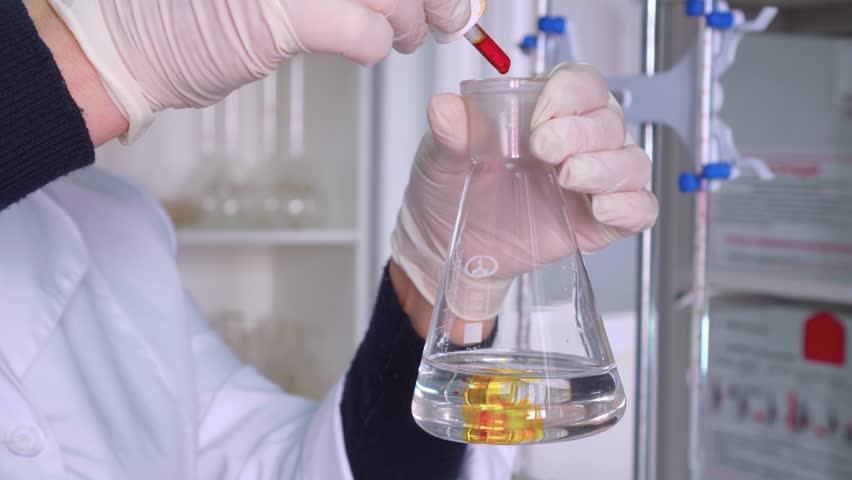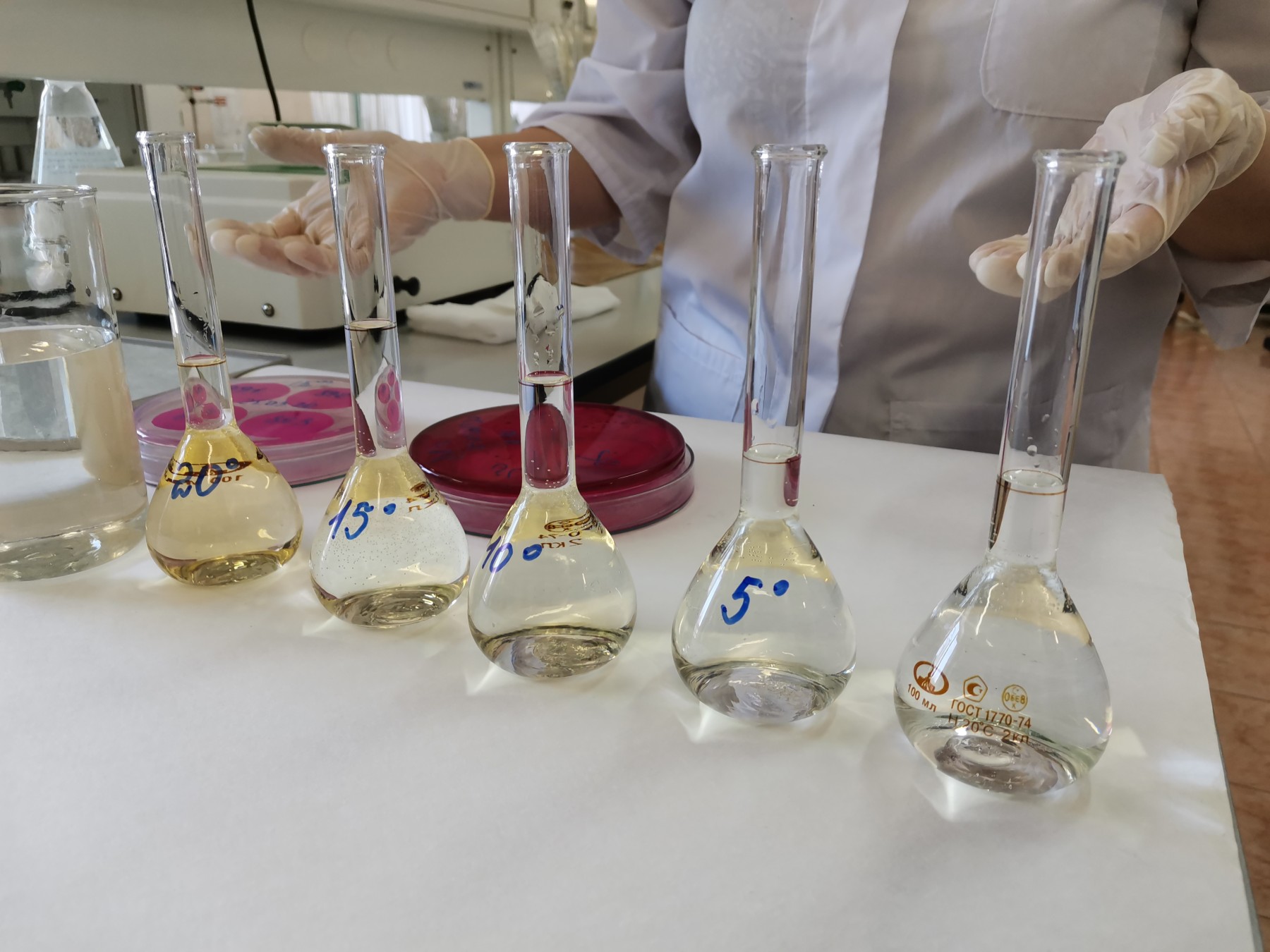When using a water quality detector, it is often necessary to prepare some reagents into the required concentration solution. The solution used in practical applications can be divided into three types: general solution, standard solution and buffer solution. If the exact concentration is not specified, the solution used only for general experiments is called general solution or common solution. The quality of the reagents can be weighed with a tray balance during preparation, and the volume of the solution can be measured with a graduated cylinder or a measuring cup. The key to preparing this type of solution is to calculate the correct mass of the solute that should be weighed, and the volume of the solute that should be measured. Today we will introduce some general solution preparation methods for water quality detectors.

(1) General solution preparation method for water quality testing
①The preparation of commonly used acid solutions. For the preparation of liquid acid solutions, the following methods can be used: first add a certain amount of water to the container, then measure a certain volume of concentrated acid and pour it into the water. After the acid solution is cooled, transfer it To the reagent bottle, dilute to the required volume.When preparing an acidic solution, be sure to slowly pour the concentrated acid into the water and stir while pouring. Never pour the water directly into the concentrated acid to prevent splashing of the concentrated acid from hurting people.
②The configuration of common alkaline solution and the preparation of solid alkali solution: Weigh the required solid alkali on a tray balance with a beaker, dissolve it in an appropriate amount of water, and then dilute to the required volume.
③For the preparation of common salt solutions, weigh the required amount of reagents on a tray balance, dissolve in an appropriate amount of water, and then dilute with water to a predetermined volume. For salts that are not easily soluble or easily hydrolyzed, an appropriate amount of acid should be added, and then diluted with water or dilute acid. Salts that are prone to oxidation and reduction should be prepared temporarily before use.

(2) Precautions for the preparation of general solutions for water quality testing
① When preparing general solutions, you should choose the reagent level, weighing vessel, balance level, effective figure representation, and container, etc. reasonably according to the requirements for the accuracy of the solution concentration.②For solutions that are used frequently or in large quantities, the tester can first prepare a stock solution of 10 times the predetermined concentration. It can be used after proper dilution when needed.
③For the solution that is easy to corrode glass, it must be avoided in glassware.
④ When preparing the solution, the reagents that volatilize and decompose, such as KMnO4, AgNO3, etc., should be placed in a brown reagent bottle, and then placed in a cool and dark place to avoid direct light exposure.
⑤After the solution required by the water quality detector is placed in the reagent bottle, it should be immediately affixed with a category name label, indicating the name of the solution, concentration, configuration date, and preparation personnel, and make relevant preparation records and records It should include the specifications of the reagents used, the manufacturer, and the preparation process.



